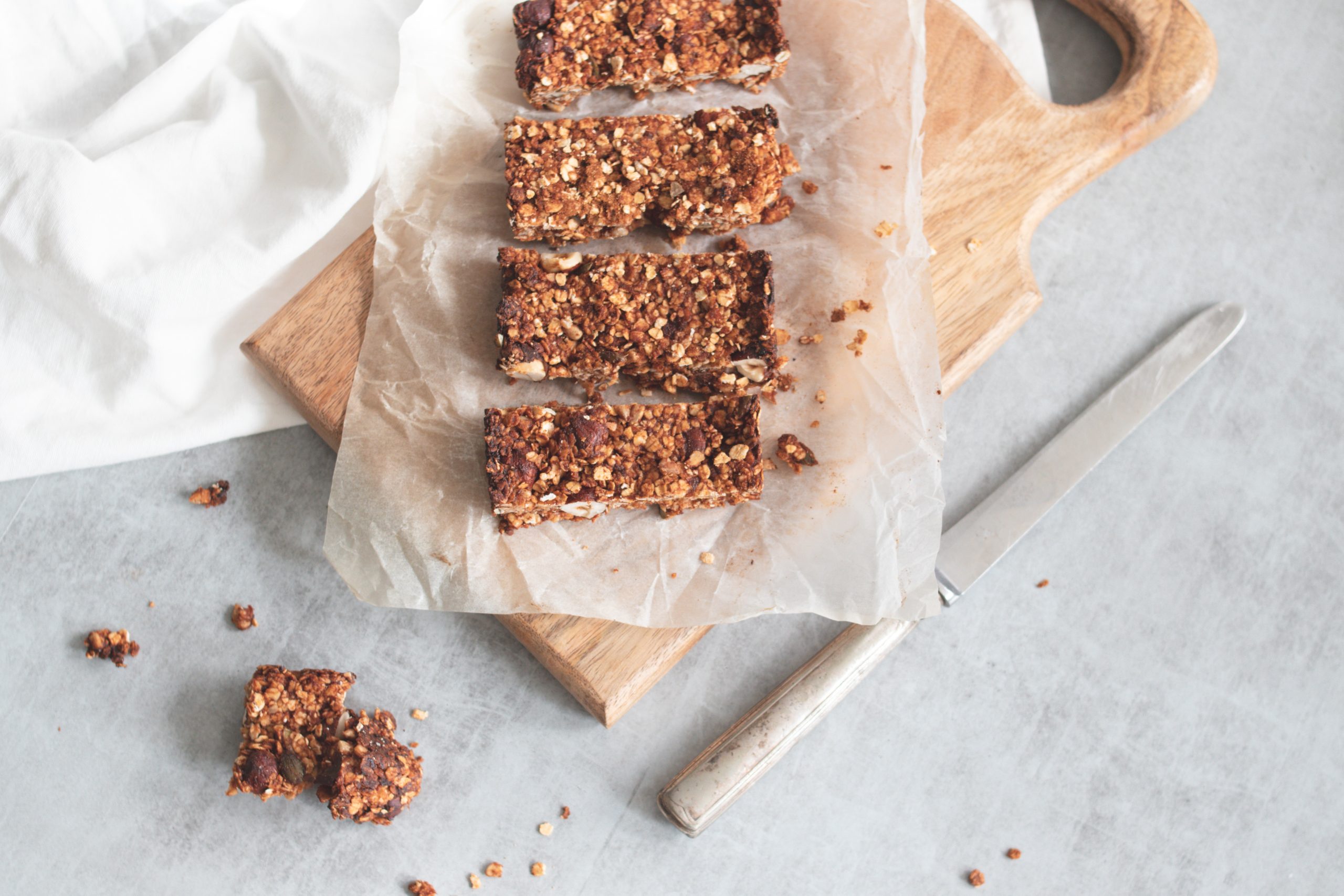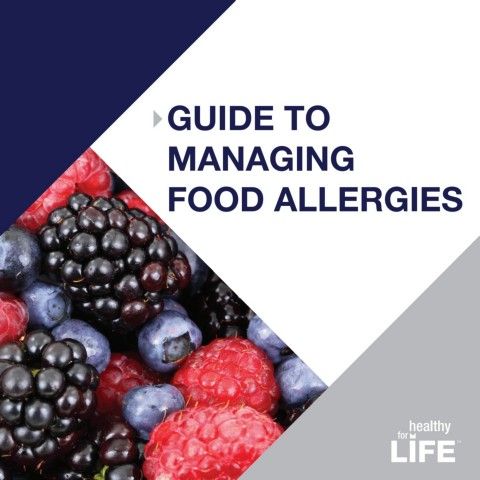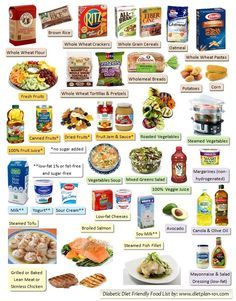A low-carb and high-protein diet is a popular approach to weight loss and improving overall health. By reducing carbohydrate intake and increasing protein consumption, these diets aim to promote fat loss, increase satiety, and stabilize blood sugar levels. In this article, we will explore the benefits, potential risks, and some popular low-carb and high-protein diet options.
The Basics of Low-Carb and High-Protein Diets
A low-carb and high-protein diet typically restricts carbohydrates, particularly refined sugars and grains, while encouraging the consumption of lean proteins, healthy fats, and non-starchy vegetables. The reduction in carbohydrates forces the body to utilize stored fat as an energy source, resulting in weight loss.
Benefits of Low-Carb and High-Protein Diets
– Weight Loss: A low-carb and high-protein diet can be effective for shedding excess weight. Protein increases satiety, prevents muscle loss, and boosts metabolism, while reducing carbohydrates limits insulin secretion and promotes fat burning.
– Improved Blood Sugar Control: Low-carb diets can help regulate blood sugar levels, making them beneficial for individuals with diabetes or insulin resistance.
– Increased Muscle Mass: Protein is essential for muscle growth and repair. A high-protein diet combined with exercise can promote lean muscle development.
– Reduced Hunger: Protein has a greater impact on satiety compared to carbohydrates, leading to reduced hunger and cravings.
Potential Risks
While low-carb and high-protein diets have their benefits, it’s important to consider potential risks:
– Nutrient Deficiencies: By restricting certain food groups, such as fruits, whole grains, and legumes, it’s crucial to ensure an adequate intake of essential nutrients such as fiber, vitamins, and minerals through other dietary sources and supplements.
– Kidney Stress: High-protein diets can strain the kidneys, especially for individuals with pre-existing kidney conditions. Adequate fluid intake is crucial to support kidney function.
– Increased Cholesterol Levels: Some studies have suggested that high-protein diets may elevate cholesterol levels. However, the impact on heart health remains debatable and may vary among individuals.
Popular Low-Carb and High-Protein Diets
1. The Atkins Diet
The Atkins Diet is one of the most well-known low-carb diets. It emphasizes high protein and healthy fats while restricting carbohydrates, particularly in the initial phases. As the diet progresses, carbohydrates are gradually reintroduced in controlled portions.
2. The Ketogenic Diet
The ketogenic diet is a very low-carb, high-fat diet that forces the body into a state of ketosis, where it primarily uses fat for fuel. This diet typically limits carbohydrate intake to below 50 grams per day and promotes the consumption of healthy fats like avocados, nuts, and olive oil.
3. The Paleo Diet
The Paleo Diet is inspired by the eating habits of our Paleolithic ancestors. It focuses on lean proteins, fruits, vegetables, nuts, and seeds while avoiding processed foods, grains, and dairy products. While not strictly low-carb, it restricts certain high-carb foods and emphasizes whole, unprocessed foods.
4. The South Beach Diet
The South Beach Diet is a low-carb, high-protein diet that gradually introduces carbohydrates while emphasizing lean proteins, healthy fats, and low glycemic index carbohydrates. It aims to stabilize blood sugar levels and promote long-term weight loss.
Conclusion
Low-carb and high-protein diets can be effective for weight loss and improving metabolic health. However, it’s important to approach any dietary changes with a balanced and individualized approach. Consulting a healthcare professional or registered dietitian can help determine if a low-carb and high-protein diet is suitable for your specific needs and goals.









